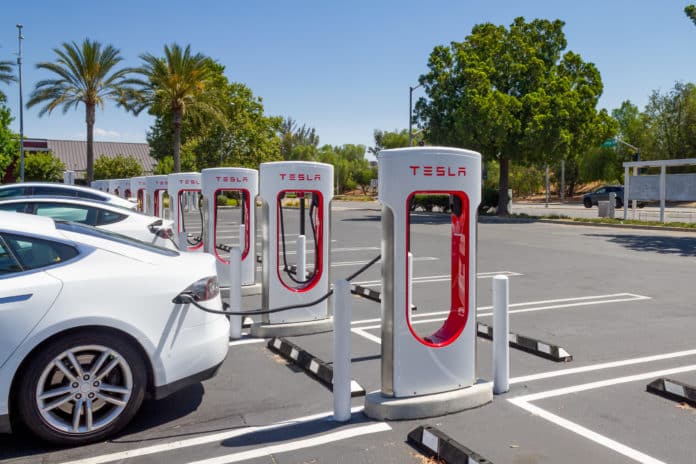
Because the state of California is amending its “clean car” emissions standards, Minnesota will be abiding by the old California standards it chose to adopt for only one model year.
The Minnesota Pollution Control Agency (MPCA) admitted as much in a motion to dismiss a lawsuit brought against them by the Minnesota Automobile Dealers Association (MADA). The lawsuit argues the MPCA wrongfully outsourced its legal authority.
In the motion, filed with the state’s court of appeals last month, the MPCA wrote that Minnesota’s “clean car” standards would begin and end in model year 2025, or calendar year 2024. This is because the state has not yet decided whether to adopt California’s new, stricter standards, or revert back to federal standards.
According to Upper Midwest Law Center (UMLC) senior trial counsel James Dickey, this means that as the situation stands now, car dealers may be forced to “disrupt the auto industry” by fulfilling a quota of electric and low-emissions vehicles for just one model year.
“The California Car Rules entirely disrupt the Minnesota new auto industry with almost no benefit, unless the intent behind the rules was to be disruptive in the first place,” he told Alpha News. “It’s unfair for Minnesota’s auto dealers to be saddled with this kind of unpredictability and the extra costs of carrying a bunch of electric vehicles that Minnesotans don’t want.”
Beginning with vehicles manufactured in 2026, California’s new standards will phase out the sale of gasoline-powered vehicles by 2035. Some groups, especially auto dealers and farmers, are concerned that Gov. Tim Walz and state lawmakers will push for the adoption of these same standards.
“Ethanol and biofuels are proven to reduce carbon emissions,” Minnesota Corn Growers Association president Bryan Biegler said in a statement. “California’s decision is not the right direction for Minnesota, which has a significant biofuels production sector and an agricultural economy that is vital to the economic health of the state. We advocate strongly for ethanol and biofuels, and for the farmer families in Minnesota who support the biofuels industry.”
















